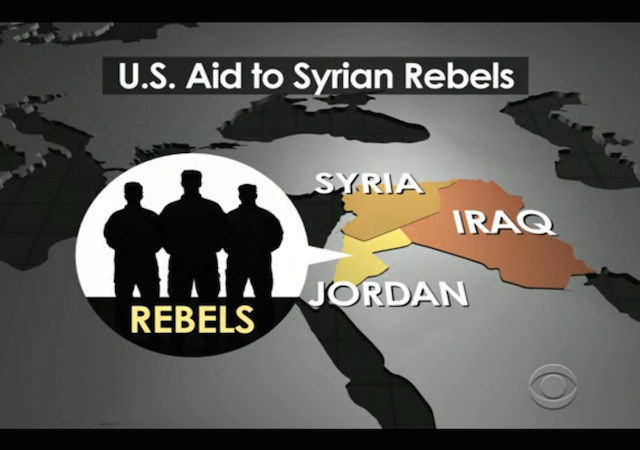The Domestic Battle for Action in Iraq
How far will Congress go?

After years of political opposition, conflict, and even comparisons to our infamous involvement in Vietnam and southeast Asia, lawmakers—especially those up for re-election this year—are hesitant to send another round of money and troops into Iraq.
Last week, Congress approved the funding required to arm and train Syrian rebels opposed to ISIS as part of a continuing resolution to fund the government through mid-December. When the CR expires, so will the funding for Syria, and top leaders in Congress are questioning President Obama’s long term strategy for the Middle East.
Via the AP:
House Speaker John Boehner, R-Ohio, and Senate Majority Leader Harry Reid, D-Nev., haven’t said whether they’ll take up a broader authorization. Sen. Mitch McConnell, R-Ky., who hopes to replace Reid as the Senate majority leader, also isn’t committing to such a process; he was a major force in ensuring the training element of Obama’s plan be kept on a short leash.
“I lean toward giving the president more latitude, and some of my colleagues want to be more restrictive,” Sen. John McCain, R-Ariz., a leading proponent of even more forceful military action, said. “I don’t know if we’ll work out those differences or not.”
Still, McCain faulted the Obama administration for not explicitly asking for Congress’ blessing on the larger war strategy. “This is going to be an extended conflict, and they’re going to need an authorization,” he said. “And they’re being very short-sighted by not asking for it.
On the other end of the spectrum from Senator McCain is Senator Rand Paul (R-KY), who voted “no” on the funding for training and arms for Syrian rebels:
“We must now defend ourselves from these barbarous jihadists, but let’s not compound the problem by arming feckless rebels in Syria who seem to be merely a pit stop for the arms that are inevitably scarfed up by ISIS,” said Sen. Rand Paul, R-Ky., one such possible candidate, using one of the acronyms for the Islamic State group.
At this point, Congress has no choice but to wait until after the November elections to act, and this is just one more reason why it’s crucial that Republicans take back the Senate. If Republicans have even a slim majority, they can drastically affect the foreign policy debate come November. With Reid still in control, Democrats will be able to shut down any and all efforts from Republicans and “dove” Democrats to alter President Obama’s plans (or lack thereof.)
However much “latitude” new or incumbent senators are tempted to give the President with regards to strategy, the fact that President Obama is determined to act alone could be the breaking point even for his allies.
Still, McCain faulted the Obama administration for not explicitly asking for Congress’ blessing on the larger war strategy. “This is going to be an extended conflict, and they’re going to need an authorization,” he said. “And they’re being very short-sighted by not asking for it.”
Members of both parties know—some from experience—the public backlash that can occur when a President appears to go rogue in the fight against terrorism. President Obama would do well to remember it, too.
Donations tax deductible
to the full extent allowed by law.








Comments
I’m against any commitment to a strong force under present management, who can be trusted only to bugger things up. Better to wait until 2017, when we can expect new managers who, hopefully, won’t mismanage so badly that they destroy any consensus for the use of force.